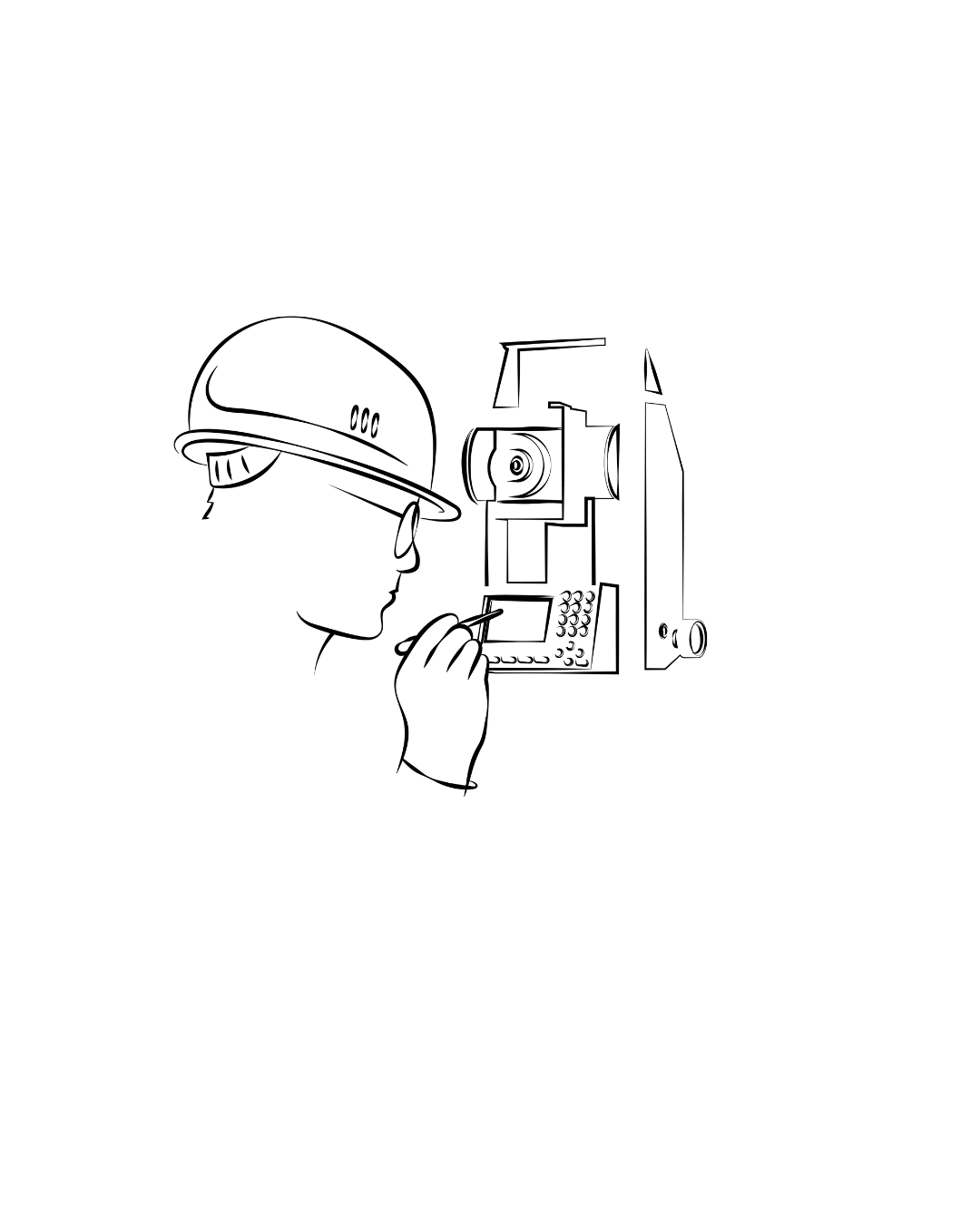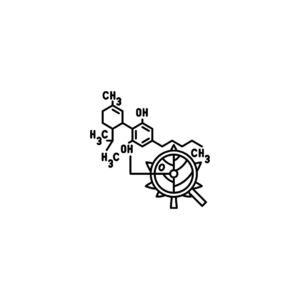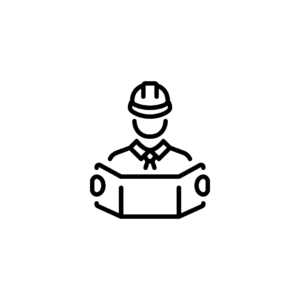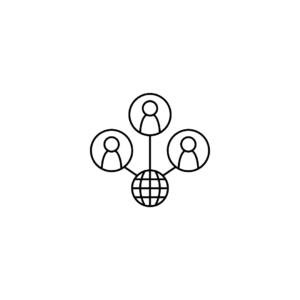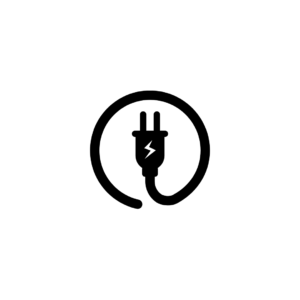Description
A Diploma Lateral Entry in Instrumental Technology Engineering is designed for students who have completed a relevant technical diploma (such as in electronics or electrical engineering) and wish to specialize in instrumentation technology. This program allows students to enter directly into the second year of the diploma, building on their foundational knowledge while focusing on the principles and applications of instrumentation systems in various industries.
Curriculum Overview
The curriculum for a Diploma Lateral Entry in Instrumental Technology Engineering typically combines theoretical concepts with practical skills. Here are some common subjects and areas of study you might encounter:
Fundamentals of Instrumentation:
Introduction to the basic concepts of instrumentation, including measurement principles and types of instruments used in industries.
Sensors and Transducers:
Study of different types of sensors and transducers, their working principles, and applications in measurement and control systems.
Measurement Techniques:
Techniques for measuring physical quantities such as temperature, pressure, flow, and level using various methods and instruments.
Control Systems:
Overview of control systems, including analysis and design of feedback control systems.
Analog and Digital Electronics:
Understanding the fundamentals of analog and digital electronics that form the basis of instrumentation devices.
Process Control:
Study of process control systems, control loops, and methods of process regulation and monitoring.
Industrial Instrumentation:
Focus on instrumentation used in industrial applications, including automation, control systems, and robotics.
Data Acquisition and Signal Conditioning:
Techniques for acquiring and processing signals from various sensors, including filtering and amplification.
PLC and SCADA Systems:
Introduction to Programmable Logic Controllers (PLC) and Supervisory Control and Data Acquisition (SCADA) systems for industrial automation.
Communication Systems in Instrumentation:
Overview of communication protocols and techniques used in instrumentation systems for data transmission and control.
Embedded Systems:
Basics of embedded systems design, including hardware and software integration related to instrumentation.
Project Work:
Hands-on project that allows students to apply their knowledge in designing and developing an instrumentation project, such as a control system for a specific application.
Career Opportunities
Graduates of a Diploma Lateral Entry in Instrumental Technology Engineering can find a variety of career opportunities across industries such as manufacturing, automation, process control, and instrumentation. Some potential job roles include:
Instrumentation Engineer: Designing, developing, and maintaining instrumentation and control systems.
Control Systems Engineer: Focusing on designing and implementing automation solutions in industrial applications.
Process Control Engineer: Managing and optimizing process control systems in manufacturing and production environments.
Field Instrumentation Technician: Installing, maintaining, and troubleshooting instrumentation and control equipment in the field.
Automation Engineer: Depending on automated systems to improve performance and efficiency within production or manufacturing processes.
PLC Programmer: Writing and implementing software programs for Programmable Logic Controllers (PLC) used in industrial applications.
Systems Analyst: Analyzing and optimizing instrumentation systems and processes to improve performance and reliability.
Quality Control Engineer: Ensuring that instrumentation equipment meets the required standards and specifications.
Research and Development Engineer: Engaging in the development of new instrumentation technologies and applications.
Technical Support Engineer: Providing assistance and solutions to customers and clients regarding instrumentation products and systems.
Further Education
After completing the Diploma Lateral Entry in Instrumental Technology Engineering, graduates may choose to pursue a Bachelor?s degree in Instrumentation Engineering, Electronics Engineering, or a related field. Additional certifications in specialized areas such as process control, automation, or data acquisition systems can enhance career prospects and professional development.
If you have any questions about the Diploma Lateral Entry in Instrumental Technology Engineering program, potential career paths, or any related topics, feel free to ask!





